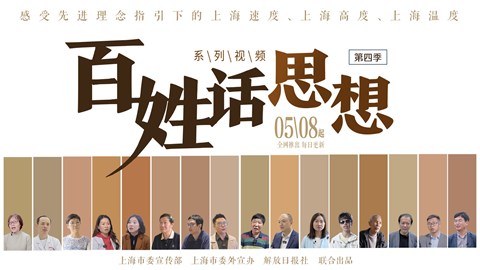The wheel of time turns, events of the past may recur in the future

“There is nothing permanent except change,” said Heraclitus, an ancient Greek pre-Socratic philosopher.
This insight is certainly true in affairs of state and in the daily lives of people, so it’s not surprising that it has spawned two very popular expressions in Chinese.
One of the expressions is tianxiadashi, fenjiubihe, hejiubifen, or “the general trend under heaven is that unification is bound to come after prolonged division, and division after prolonged unification.”
天下大势,分久必合,合久必分
tiān xià dà shì, fēn jiǔ bì hé, hé jiǔ bì fēn
This saying comes from the “Romance of the Three Kingdoms,” a 14th-century historical novel considered one of the “Great Four” Chinese classics of literature.
Summarizing the history of unification and division of states in China from the Warring States Period (475-221 BC) to the Western Han Dynasty (206 BC-AD 25), it is found in the opening remarks of the first chapter of the book.
So, according to this saying, can we say that history repeats itself?
Another Chinese expression says sanshinian hedong, sanshinian hexi, or literally, “30 years on the east side of the river and 30 years on the west side.”
三十年河东,三十年河西
sān shí nián hé dōng, sān shí nián hé xī
The river mentioned here is none other than the Yellow River, the mother river of the Chinese civilization.
In history, the 5,464-kilometer waterway that winds its way through the northern part of the country has frequently changed its course. So, after a few years, people living on one side of the river might find themselves living on the other side. This happened again and again.
Today, this phrase is often used to mean the wheel of fortune turns, so everyone will have his day.
















